First off, congratulations if you’ve just passed your driving test! This is a really exciting time when the world opens up to you and you have the freedom to go anywhere – not just where a bus will drop you off.
But it’s also a time of realisation. You might think you’re the best driver in the world, having aced reversing around a corner in your test, but most insurance companies don’t want to touch you with a bargepole. New drivers are high risk for insurers, so getting quotes is likely to take some of the shine off your recent achievement. You might find your car choice is quite limited by what’s affordable to insure.

How does car insurance work? A comprehensive guide
How does car insurance work? A comprehensive guideBuying your first car – the checklist
- Make a shortlist of the cars you want to consider
- Get insurance quotes for every car on your shortlist
- …rewrite your shortlist because your first choices were too expensive to insure
- Of the cars you can insure, work out which is the best for you
- Go to see cars you like in person, make sure they're in a suitable condition and take them out for a test drive
- Buy a car and enjoy the freedom!
How to buy your first car
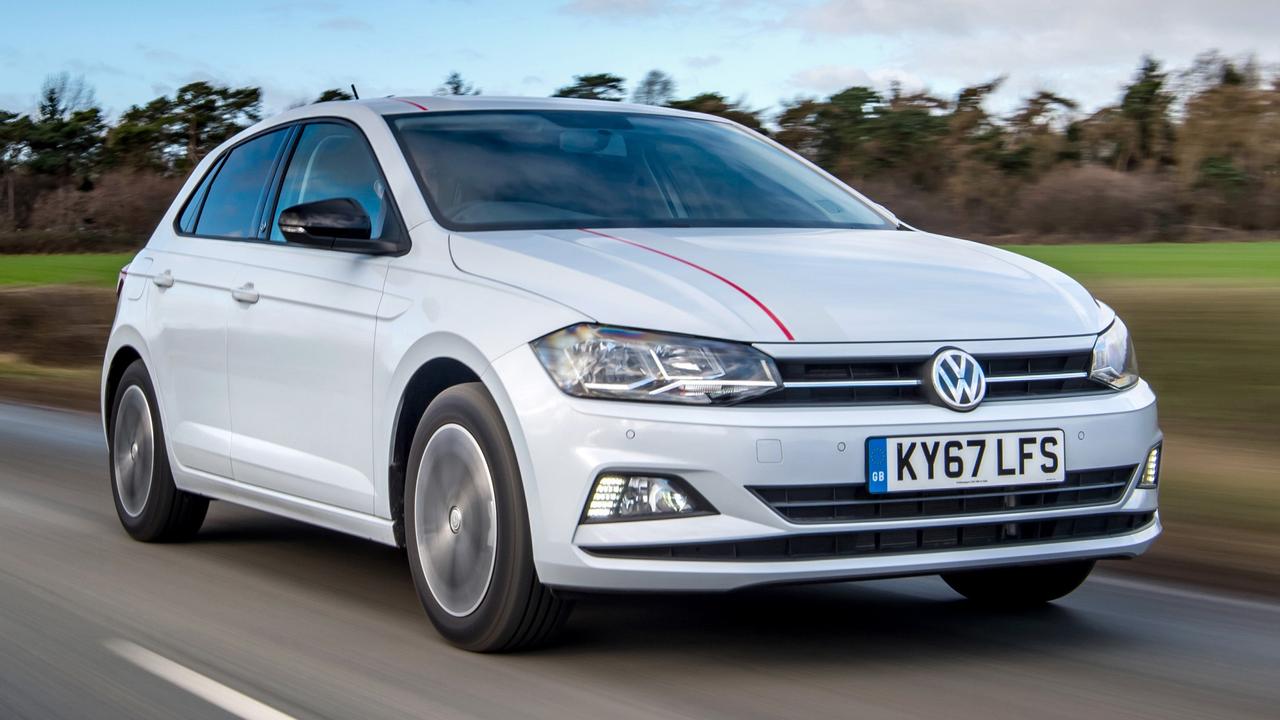
Unless you’re very lucky, your budget is likely to be the main concern, and that’s what’ll influence your decision primarily.
Cost of the car, insurance and tax
Let’s say you’ve saved up money and you’ve got £5,000 to spend on a first car. That’ll need to cover the cost of the car and insurance, and possibly a year’s road tax as well. Insurance is going to take a big chunk out of your available funds – depending on the car you pick and where you live, the cost of insurance is likely to be over £1,500 for the first year and may well be significantly more.
Cars registered between 1 March 2001 and 31 March 2017 are taxed based on their emissions, with many small cars falling into a tax band that only costs £20-40 a year – and some costing nothing to tax! However, as with insurance, you can pay your car tax in monthly instalments, which may not make finding a cheap-to-tax car a top priority.
Cash or finance?
If you’re able to afford a fixed monthly payment, you may want to consider financing your first car. You could use a portion of your £5,000 savings as a deposit towards a car, and then pay a set number of monthly payments.
This would enable you to drive a more modern car that’s likely to be safer and more reliable than one you can pay for with cash alone. But you need to take into account that buying a car on finance is a long-term commitment, and whether changes in your circumstances are going to affect whether you’ll be able to keep up with the payments – if you’re planning to head off to university, for example.
It’s also worth bearing in mind that, if you have a limited credit history, you may find it hard to be approved for finance. If you do finance your car, consider getting a form of GAP insurance to cover the difference between your car’s value and the amount you bought it for – you don’t want to have an accident, have your car written off and still be liable to pay for finance on a car you can no longer use.
How to choose your first car
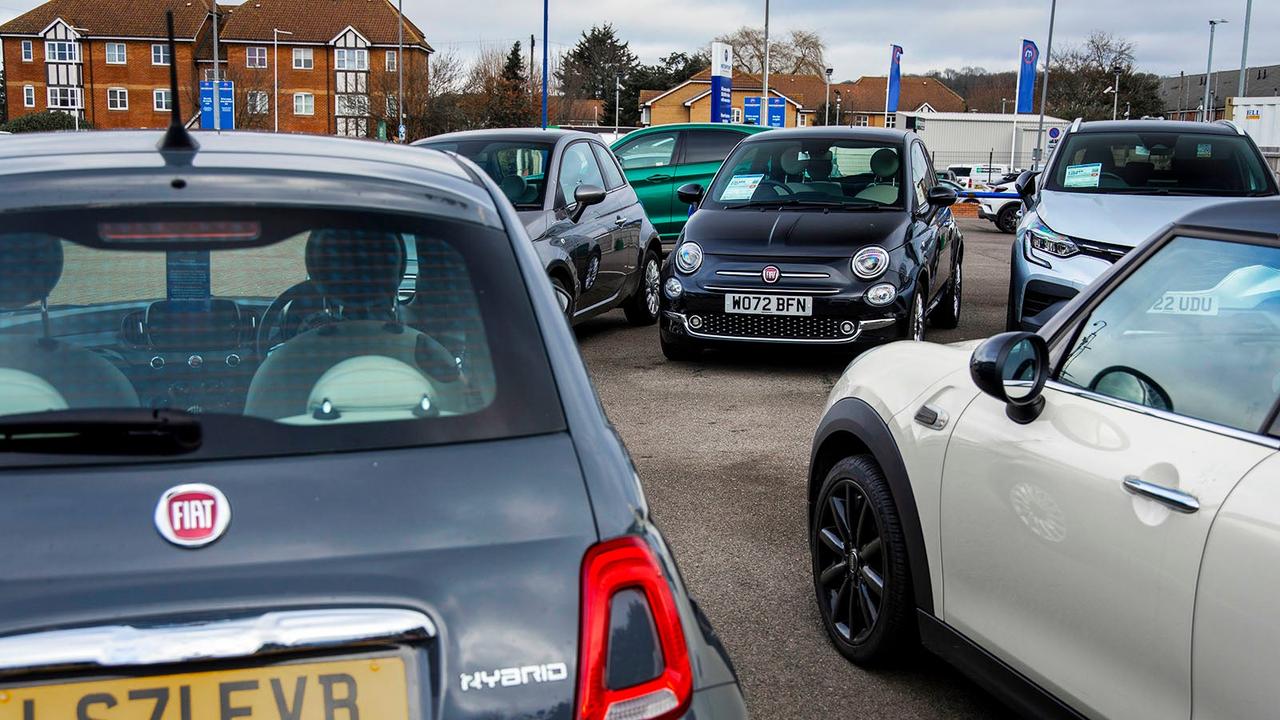
New, nearly new or used
Most first-time buyers will be going for a used car, although if you’re lucky enough to be able to afford a brand-new car, you’ll get the reassurance of a manufacturer's warranty. But if you’re looking at new cars, also look at nearly new cars – these will be much cheaper than a brand-new car fresh out of the factory and still with a manufacturer’s warranty.
However, even used cars tend to come with some level of warranty cover if you buy from a reputable dealer. And you can usually add an extended warranty for extra peace of mind.
Mileage and condition
Cars are built to drive tens of thousands of miles if you keep up with routine maintenance and servicing. So don’t immediately look past high-mileage cars – more important is the service history of the car and the overall condition. A high-mile car that comes with a binder full of servicing receipts is going to be a safer bet than a low-mileage car that’s been neglected.
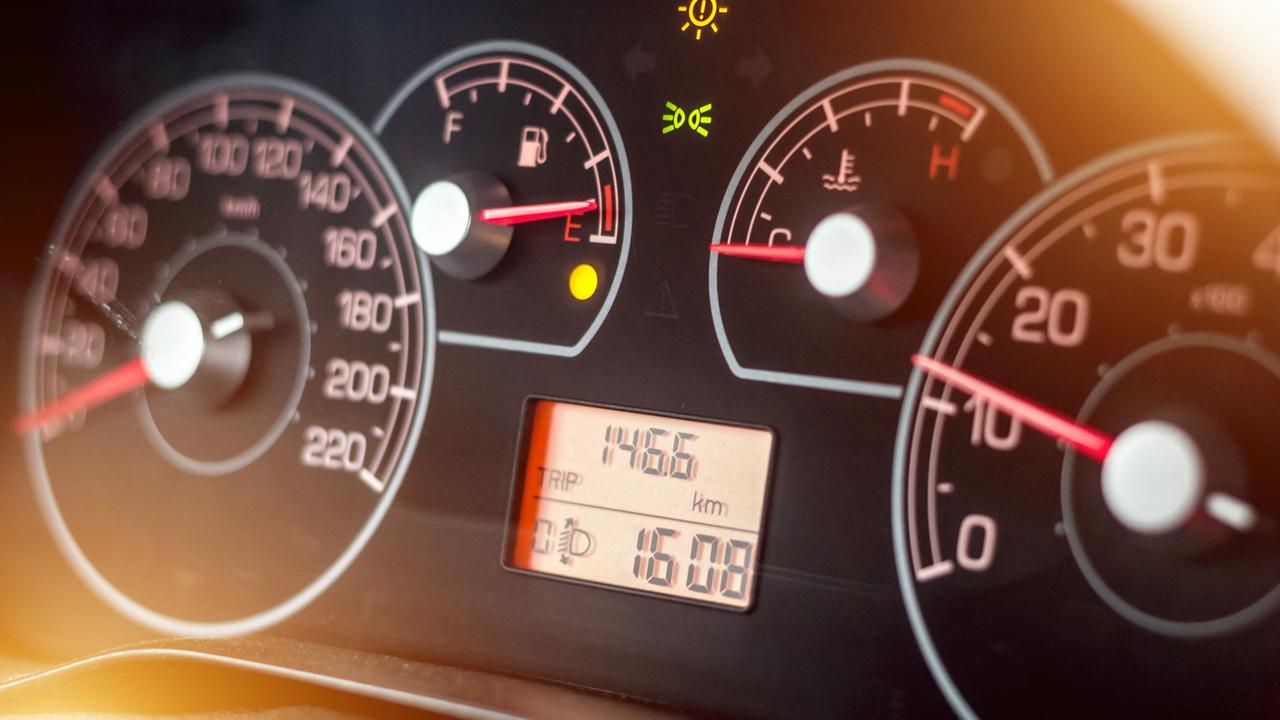
Find out the registration plate number of the car you’re looking at, then run it through the government’s free MOT history checker to see its past results and if there are any glaring faults that may not have been rectified. Make sure to take the car out for a test drive before you commit to buy. Try to buy a car with as much MOT left as possible – or demand that the dealer puts the car through an MOT test if it’s soon to expire.
Read our guides to buying a used car and full service history for more info.
Car features
What will make your life easier or more convenient while you’re driving? Maybe a reversing camera is a must-have, or maybe you need Bluetooth (or Apple CarPlay/Android Auto) for phone connectivity while you’re in the car. Draw up a list of features you’d like and that’ll make it easier to find the car for you. Here are some to get you started:
- Affordable cars with the best sound systems
- Best cars with massage seats
- Best cars with rear parking sensors
- Best cars with a reversing camera
- Best cars with heated seats
We’d recommend getting a car with air conditioning – not only to keep cool in summer, but to quickly clear foggy windows in wet weather too. Luckily almost all modern cars come with A/C.
Safety
Generally, modern cars are much, much safer than equivalent cars from the 1990s or 2000s. Cars are crash-tested by Euro NCAP and given a star rating, with percentage scores in four categories including adult occupant protection and pedestrian protection.
Modern cars might also feature a host of active and passive driver assistance technology. Some features you might find include:
- Auto emergency braking – this detects if you’re about to collide with something in front of you. A noticeable warning on the dashboard is followed by the car applying the brakes for you
- Blind-spot monitoring – a system that monitors the areas behind and to the side of the car. You’ll get a warning in the wing mirror if there’s a car in your blind spot
- Lane-keep assist – a system that ‘reads’ the lines on the road and warns you when you’re straying out of your lane. Some systems will tug the steering wheel to nudge you back into lane
- TPMS (tyre pressure monitoring system) – it measures the amount of air in your tyres and warns you when the pressure in a tyre drops below the level you set
ULEZ/CAZ
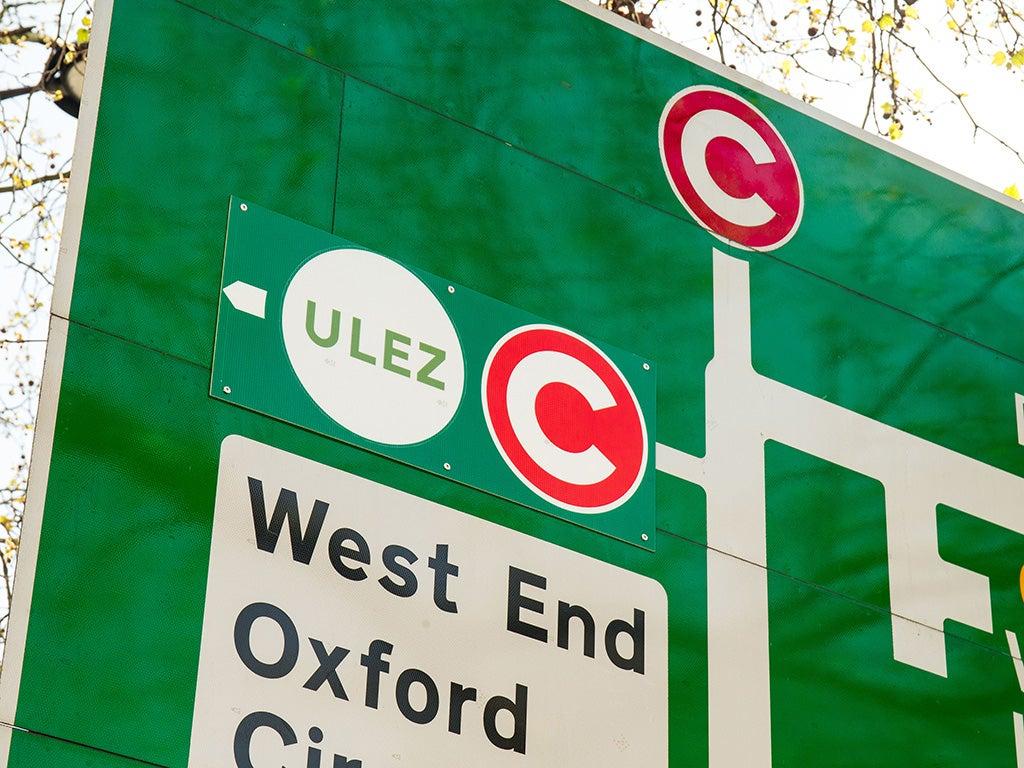
If you live in or near a big city, you may come across Clean Air Zones (CAZ). London’s is called the Ultra Low-Emission Zone (ULEZ). These areas only permit ‘clean’ vehicles that comply with a certain emissions standard – petrol cars have to comply with Euro 4, which is every petrol built since 2004, while for diesel cars it’s Euro 6, so you’ll have to find a car built after September 2015. If you drive into a CAZ with a non-compliant car, you’ll be charged.
Choosing make and model, body style and fuel type
If keeping insurance down is a priority, you’ll probably end up with a small petrol hatchback – something like a Volkswagen Polo or Vauxhall Corsa. However, while these cars may offer the cheapest insurance groups on paper, insurers also look at how many 18-24 year olds are driving a certain car, and premiums may be high if you choose a common first car. It’s worth thinking out of the box a little if you don’t mind driving something usually considered an ‘old person’s car’ – it might get you cheaper insurance.
If you’re open to a wider choice of cars, consider what type of driving you’ll be doing. Diesel cars offer great fuel economy but need semi-regular long drives. Hybrid cars are very efficient around town but less so on the motorway. If you’re into electric cars, the cheapest EVs start from just a couple of thousand pounds to buy – but these may have a battery lease with ongoing monthly payments, or a depleted battery with a short range. EVs offer bargain running costs if you can charge at home, which helps to offset the slightly higher insurance cost. For many first-time buyers, a petrol car will probably provide the best all-round balance of usability and cost.
Tips for buying your first car
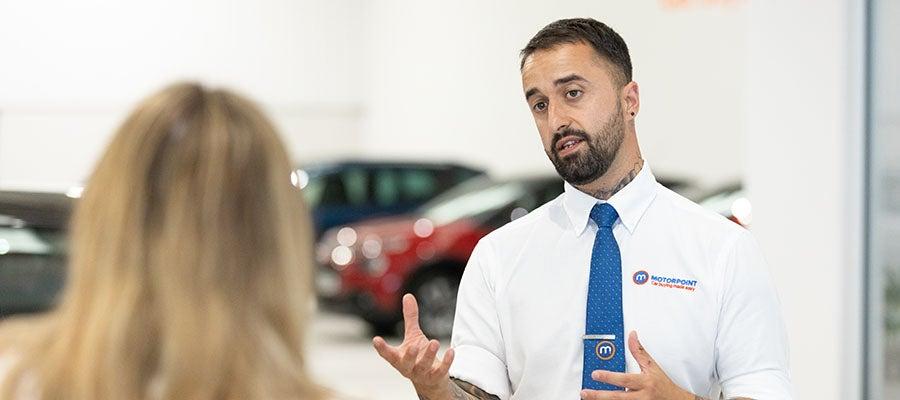
- Don’t overstretch yourself and put yourself into debt further down the line
- Always check insurance costs before deciding to buy a car
- Be confident in walking away if you look at a car and it’s not right for you
- Remember to factor in the cost of insurance and tax, not just the price of the car
- Service history is more important than mileage on older cars
What to look for when buying a first car
Regardless of whether you’re buying your first car or not, you should always give a used car a thorough check over. Make sure to check:
- Tyres – check the tyre pressure, tread and condition of all four tyres
- Leaks – there might be a little bit of water from the air conditioning, but avoid cars obviously leaking oil, coolant or fuel
- Rust – surface rust is fine on underbody components, but you don’t want any structural rust or bodywork rust
- Damp – check the boot carpet and floor areas for any sign of water damage
- Electrics – check all the car’s features, such as the lights, radio, mirror adjustment and parking sensors, if fitted
- Air conditioning – if fitted, check if the A/C blows cold
- Warning lights – make sure no warning lights stay on once the engine is started
- Common problems – every car will have common issues, so research these beforehand and ask to see paperwork for work having been done. For example, if the car needs a timing belt chain every X thousand miles, work out if it should have been done already
- Service history – the more paperwork and servicing details, the better. A big pile of service receipts shows the car has been looked after
Where to buy a first car
We’d recommend buying a car from a reputable car garage – whether that’s a small local one or a larger national chain of stores. You get much more protection buying from a dealer than from buying from a private buyer, as well as incentives like a free warranty. Browse our selection of cars under £10,000 to find the car for you – all with low mileage and warranty cover included.
It’s always best to book a test drive and not simply turn up, and remember to bring your driving licence with you. We’d recommend bringing a friend or family member for a second opinion, too. Once you’re happy with the car and have decided to buy it, you’ll need to do some paperwork. The salesperson will guide you through this, and show you how to tax the car before you drive it away. Some stores offer same-day driveaway, or you may need to pay a deposit – part of the car’s value – and then pay the balance when you go back to collect the car.
We’ve got first-time drivers covered:
- Top tips for passing your practical driving test
- Top tips for passing your theory driving test
- Should you learn to drive a manual or automatic?
- The most common driving test failures
- The most common mistakes new drivers make
- The most useful skills for new drivers to develop



































